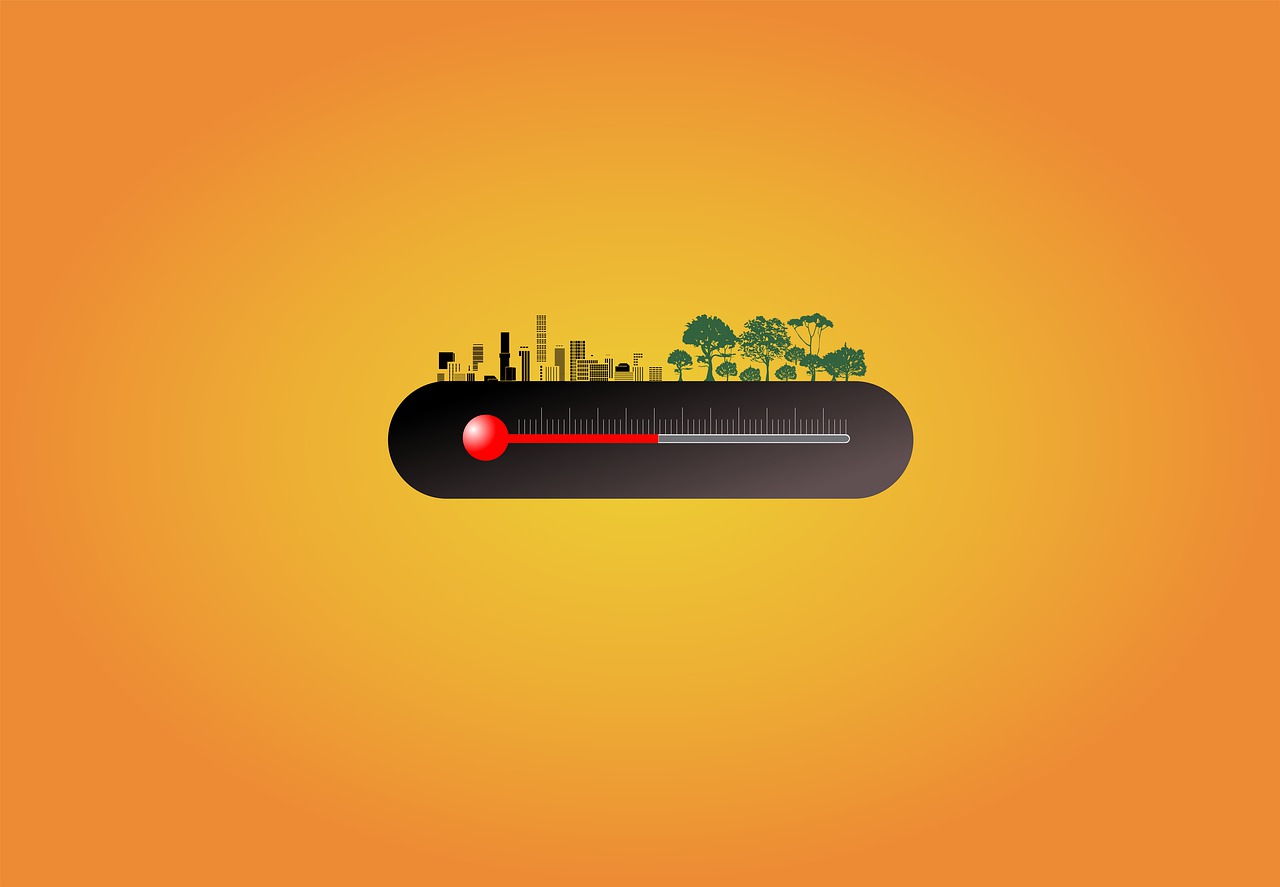The planet is facing an unprecedented crisis as a result of human activities, causing the Earth’s climate to change rapidly. The impacts of the climate crisis are widespread and far-reaching, affecting not just the natural world but also our societies, economies, and ways of life. In this article, we aim to provide a comprehensive understanding of the climate crisis and the ways in which we can mitigate its impacts.
Table of Contents
ToggleUnderstanding the Climate Crisis
The climate crisis is a result of increasing levels of greenhouse gases in the atmosphere, primarily carbon dioxide (CO2) from the burning of fossil fuels. These gases trap heat in the atmosphere and cause the planet to warm, leading to changes in global temperatures and precipitation patterns, as well as rising sea levels.
The Intergovernmental Panel on Climate Change (IPCC) has declared that human activities are responsible for the majority of the warming observed since the mid-20th century. The emissions from burning fossil fuels, deforestation, and other human activities have led to a 40% increase in the amount of carbon dioxide in the atmosphere since the Industrial Revolution.

The Impacts of the Climate Crisis
The impacts of the climate crisis are widespread and far-reaching, affecting both the natural world and human society. Some of the key impacts include:
- Rising Sea Levels: As the planet warms, glaciers and polar ice caps are melting, causing sea levels to rise. This can lead to coastal flooding, erosion, and saltwater intrusion into freshwater sources, threatening communities and ecosystems.
- Extreme Weather: Climate change is causing an increase in extreme weather events such as heatwaves, droughts, hurricanes, and wildfires. These events can have devastating effects on communities, destroying homes, crops, and infrastructure.
- Biodiversity Loss: The changing climate is affecting the distribution and abundance of plant and animal species, leading to a loss of biodiversity. This can have significant impacts on ecosystems and the services they provide, such as pollination, pest control, and water purification.
- Food and Water Security: Climate change is affecting food and water security by altering precipitation patterns, causing droughts and floods, and reducing crop yields. This can lead to food and water shortages, particularly in regions already facing water scarcity and malnutrition.
Mitigating the Impacts of the Climate Crisis
While the impacts of the climate crisis are significant, there are also many ways in which we can mitigate its impacts. Some of the key ways include:
- Reducing Greenhouse Gas Emissions: One of the most effective ways to mitigate the impacts of the climate crisis is to reduce greenhouse gas emissions. This can be done by transitioning to renewable energy sources, improving energy efficiency, and reducing deforestation.
- Adaptation: Adaptation measures can help communities and ecosystems to better cope with the impacts of the climate crisis. This includes measures such as building sea walls to protect against coastal flooding, developing drought-resistant crops, and improving water management.
- Protected Areas: Establishing and maintaining protected areas can help to conserve biodiversity and provide refuges for species as the climate changes.
- Sustainable Land Use: Implementing sustainable land use practices, such as agroforestry and conservation agriculture, can help to reduce greenhouse gas emissions, improve soil health, and enhance the resilience of ecosystems and communities.
Conclusion
In conclusion, the climate crisis is a pressing issue that affects every aspect of our lives and the planet we live on. It is crucial that we understand the causes and impacts of this crisis in order to develop effective mitigation strategies. We need to work together, on a global scale, to reduce greenhouse gas emissions, promote sustainable practices, and invest in renewable energy. Climate change is a challenge that requires collective effort, but it is also an opportunity for us to create a more sustainable and equitable future. Let us take action now and secure a better tomorrow for ourselves and future generations.








3 thoughts on “The Climate Crisis: Understanding and Mitigating the Impacts”
Pingback: Polar Vortex & Sustainability: Extreme Weather & Climate Change
Pingback: Why Suing Utilities Won't Help Protect The Climate
Pingback: Climate Change Performance Index: Understanding the Global Efforts to Tackle Climate Change - Sustainability Awakening